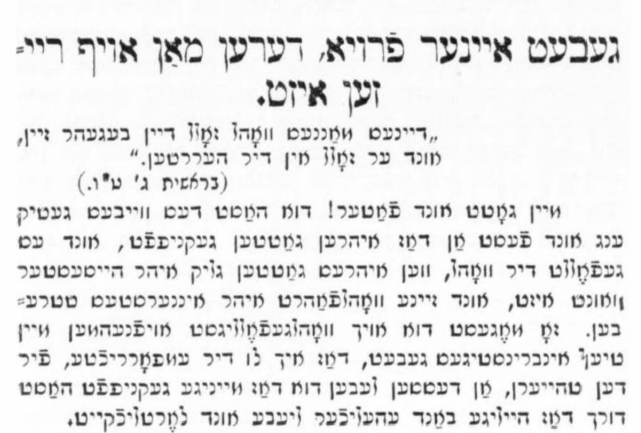TOGGLE COLUMNS (on/off):
ADJUST COLUMN POSITIONS: select the column header cell and drag it where you want. show me!
COPY INDIVIDUAL COLUMN(S): use CopyTables, a browser extension.
| Contribute a translation | Source (English) |
|---|---|
My God and Father! God of life, gracious Protector in all dangers! With devout heart I invoke Thine almighty protection upon my beloved husband. His avocations and duties have removed him from me, the sacred duty of maintaining and supporting his family have called him away from his home. O Lord! do Thou protect him in all his ways! Do Thou preserve his health and life, strengthen and inspire him, that he may not succumb to the labors and troubles of his avocation. Remove far from him all trials and dangers wherewith journeys are usually beset. Guard him against all mischances, that cunning and malice, falsehood and deceit may devise for him. O grant! that he may find favor in the eyes of all men, and vouchsafe Thy blessing unto all that he may undertake, that his sojourn in a foreign land may be unto our benefit and happiness. Oh! bring him back unto me, unto his home, full of health and cheerfulness, and I will at all times thank Thee, and praise Thy holy name for evermore. Amen. |
“A wife’s prayer whose husband is on a journey” is one of thirty prayers appearing in Rabbi Moritz Mayer’s collection of tehinot, Hours of Devotion (1866), of uncertain provenance and which he may have written. –Aharon Varady
Source(s)


“A Wife’s Prayer whose Husband is on a Journey, by Rabbi Moritz Mayer (1866)” is shared through the Open Siddur Project with a Creative Commons Public Domain Dedication 1.0 Universal license.










Comments, Corrections, and Queries